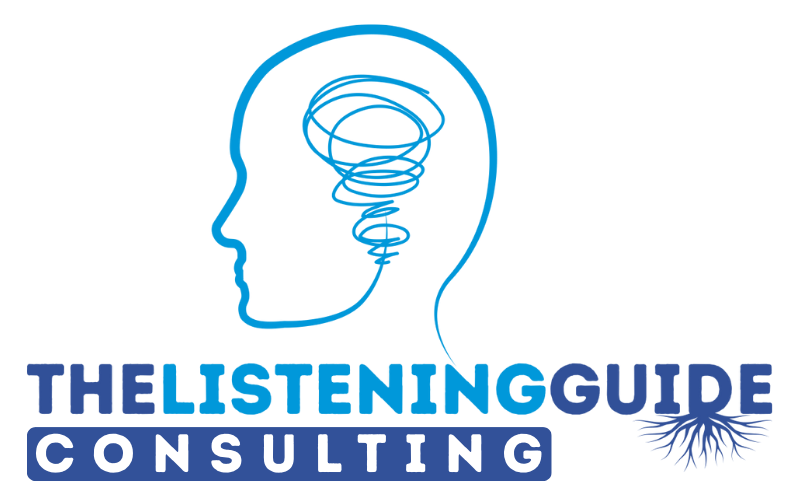Being an adult
Mariyon Slany | November 2025
Do you internally 'avert your eyes' when someone mentions being a grownup? Does it feel like too much to always be an adult?

Being an adult seems like a difficult idea for people.
I wonder if we all succumbed at some point over the last 50 years to the Hollywood version that permanent teenage hood is synonymous with a fantastic life with its endless indulgences and lingo that keeps us 'cool' and separate from the bogeyman adult who was going to spoil our fun.
I am also reminded of those people who say 'you don't know what growing up means until you've had a child', as though they are able to take the high moral ground over others who haven't had a child. What that statement tells me is the person saying that hasn't taken up the reins of responsibility for their life and actions up until after having a child. That in fact they haven't actually spent much time thinking about others and their needs up until the point of becoming a parent, and that is the huge learning curve for them!
The book I'm reading about the 6 pillars of self esteem says more about being an adult in the first 10 pages that many things I've seen or read lately. Nathanial Branden, the 'father' of self esteem research (who started in the 1950s), says that "to feel competent to live and worthy of happiness, I need to experience a sense of control over my existence. This requires that I be willing to take responsibility for my actions and the attainment of my goals. Self responsibility is essential to self-esteem and is also a reflection of manifestation of self-esteem."
He goes on to brilliantly encapsulate responsibility for our behaviour with others including co-workers. "I am responsible for how I speak and how I listen. We evade responsibility when we try to blame others for our actions e.g. 'she's driving me crazy' or 'he pushes my buttons'... "etc. How many of us - perhaps reluctant to be the adult - acknowledge that when we say 'pushing our buttons' it's about our responsibility in choosing our response. As part of this we are responsible for the quality of our communications; "which means being as clear as I know how to be, for checking to see if the listener has understood me (i.e not just resorting to text speak 'my bad' as though that releases us from responsibility), and for the respect of disrespect with which I convey my thoughts".
The other big factor from Branden's book is 'I am responsible for how I prioritise my time'. What would happen to you if you live the ending of this sentence in your day to day life; If I take responsibility for how I prioritise my time, I . ... ".
An 'aha' moment is the statement 'I am responsible for my personal happiness. One of the characteristics of immaturity is the belief that it is someone else's job to make me happy - much as it was once my parents' job to keep me alive. If only someone would love me, then I would love myself. If only someone would spare me the necessity of making decisions, then I would be carefree'.... I can think of numerous people I know, at work or at home, who would benefit from truly understanding that sentence and trying it out in their lives.
This gives us our power back. If this is what it truly means to be an adult, then surely that's what all the slogans are about; stand up for yourself, be yourself, protest on behalf of others - and yet so many people in daily conversations use phrases such as 'oh I'm over adulting' that have consistently bugged me and I've not been sure why exactly. Now I realise it is about that whole cultural idea of not taking responsibility and claiming a victim status of some kind or other, that has annoyed me. Not helped by the overwhelming trend for text messages where you're left 'hanging' without any closing of the loop with the other person acknowledging your message.
I'm firmly in the trying to be an adult side and taking responsibility for clearly communicating and naming how things are happening to help me understand and perhaps helping an another person as well. Of course, we can still choose occasions to be under responsible (the fun lover) and we may have a different version of where we don't take responsibility, but not taking responsibility with our choices around language seem to be the thing that 'pushes my buttons' !!!
Referenced from 6 pillars of Self Esteem by Nathan Branden, (1995)


